Farming is the Future of Canada
Agriculture is a diverse and exciting industry. The variety of farms and the people who live on them create the fabric of food production. Will this still be the case in the future?
Canadian Urbanization will have an impact on our farming processes. Every civilization is built on the production of food and the world’s best soil dies under our cities. By 2020, 80 percent of the global population will live in urban areas within 60 kilometers off a shore. This is Canada’s profile as well with over 70 percent of our population living in a port-side city. The continuous food going in is one issue but the waste coming out also pressures surrounding agricultural land.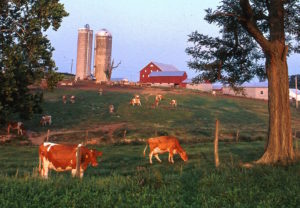
Agricultural enterprises by nature are often stand-alone independent units but this too is changing and we will continue to see alliances and partnerships, especially when value adding is present. To truly establish markets, producers will be seeking out end-users that align with their value systems. Younger farmers today are hungry for information that adds value to their product and are well informed and very comfortable with these types of agreements.
Rural communities will change and prosper depending on their access to technology. We are starting to see some very interesting farm operations and vibrant small-town economies based on technology hubs and layering of partnerships. With the access to information and the ability to communicate globally, there are no restrictions on the opportunity. Lately, this has been expressed in the resurgence of interest in small family farms. Small is big again and young couples are flocking to the farm armed with their education, cell phones, cloud technology and business plans.
Many of these new farmers are women. In Canada, 30 percent of farms and ranches are owned and operated by women (40 per cent in British Columbia) and continued growth of this trend may change the face of farming in many ways, but one which stands out is closer ties with the consumer. Women will lead this change from commoditization and price taking to price alignment with quality. Look for encouragement in areas of research such as nutrient density.
There is room for every farmer and that is what makes this industry tick. We will continue to honor past traditions like ranching but it will be data based on genomics, performance data, nutrient quality and alignment with the end-user. The horse and rider may be replaced or assisted by a drone with UHF real-time communication.
Technology and science will be the drivers to enhance our social license and entice consumers to our food.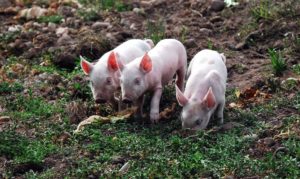 The industry will continue to find ways to draw folks to the counter with apps, this technology is enabling for all farms and all buyers and sellers regardless of size or volume.
The industry will continue to find ways to draw folks to the counter with apps, this technology is enabling for all farms and all buyers and sellers regardless of size or volume.
We will always need the feed yard and the large landholder. Intensive farming reduces agriculture’s overall footprint and allows for an increase in set-aside lands such as grasslands and forages that are huge carbon sequesters. Manure will once again be gold and further technologies in its use will emerge.
So close to the action, data junkies and living with FOMO (the fear of missing out), the main buyer of food in this age needs constant proof and reassurance. In fairness, this is what companies such as Earls understand. To ask for certification is that piece of assurance that market research tells the restaurant that the consumer asked for or needs to feel secure. Remember, the food service guest is making a decision based on their core values and beliefs which are formed by the environment in which they live and the information that they have.
A new area of information that is important to note is animal welfare and the interrelationship with human rights and welfare. These are massive targets for consumers and now carry the same weight as the discussion on GMO. These men and women want a food experience and are willing to take the time to ask about what they are eating, how it was raised and how the folks were treated in the process. This is our new reality and an opportunity for system-wide improvements.
A cell phone, a huge list of connections, a great business plan, a mentor and reams of data will enhance future farming. Jobs will continue to increase in the agricultural sector and in 2020 the estimate is that we will need another 122,000 persons to fill the vacancies. The $50 billion that will transfer over in agriculture within the next two decades will go to the brightest and best in production and marketing. They will have a “feel” for the end-user and in many cases a direct dialogue with them. Access to market or to further value adding will be the ultimate objective on the farm. Like the millennial buyer, the millennial farmer won’t be force-fed or have any tolerance for poor connections or relationships. They will change up or move on.
Past, present and future, we all carry the responsibility of growing food — the most honorable task on earth — for today and tomorrow.
Please contact Canadian Grants Business Center for assistance in obtaining government funding to start or expand your farm business:
Visit : http://www.canadiangrantsbusinesscenter.com
Or call Toll-Free: 1-888-231-0075 for help during the business day.
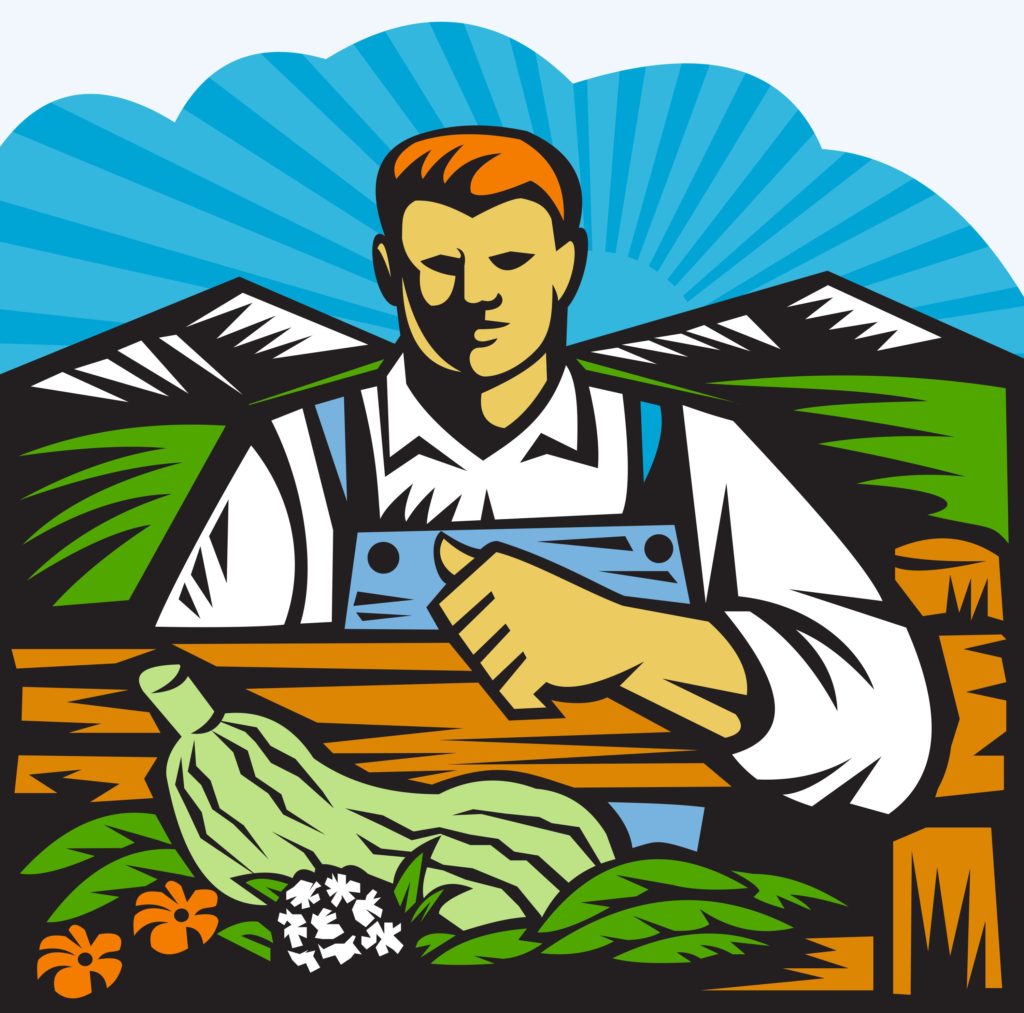 tarting or expanding a farm can be a challenge, but is also very rewarding, both financially and in terms of personal satisfaction.
tarting or expanding a farm can be a challenge, but is also very rewarding, both financially and in terms of personal satisfaction.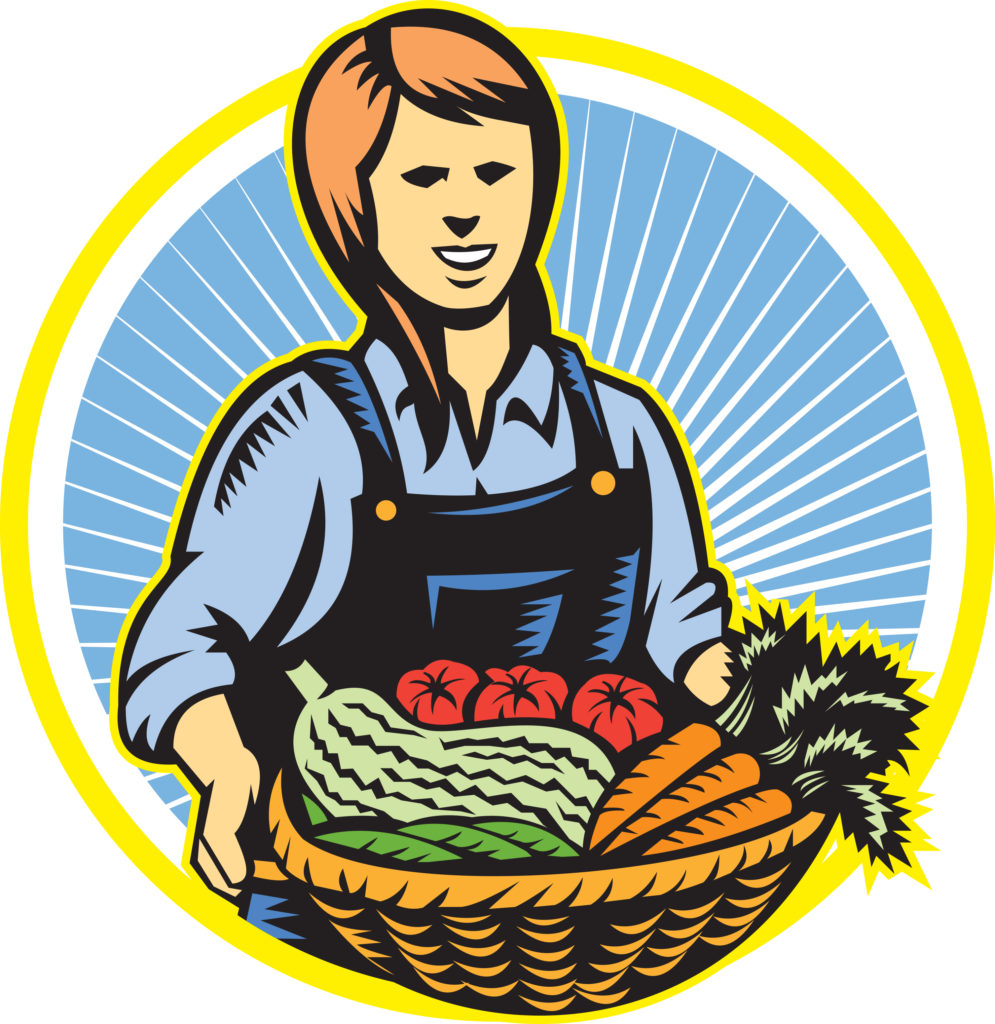
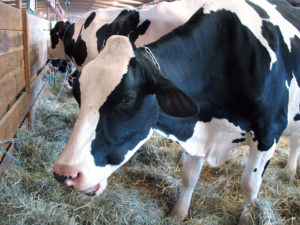

 The industry will continue to find ways to draw folks to the counter with apps, this technology is enabling for all farms and all buyers and sellers regardless of size or volume.
The industry will continue to find ways to draw folks to the counter with apps, this technology is enabling for all farms and all buyers and sellers regardless of size or volume.